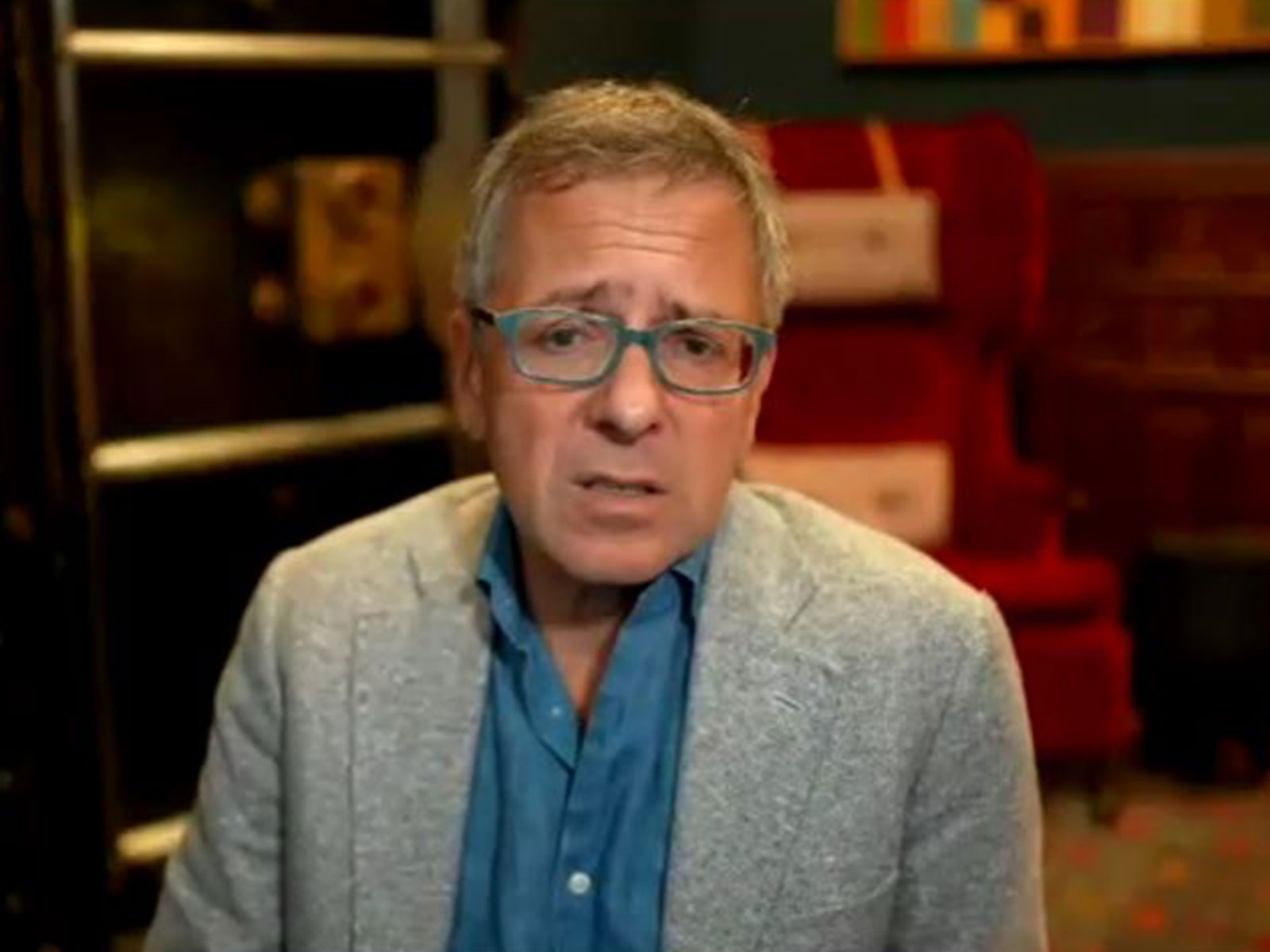Modi's Diplomatic Moves: U.S.-India Oil Gamble Amid Global Power Shifts
Prime Minister Narendra Modi's limousine ride with Russian President Vladimir Putin at the Shanghai Cooperation Organization meeting sends a clear message to the U.S. amid its tariff push against India's Russian oil imports. Ian Bremmer highlights the geopolitical nuances and strategic recalibrations at play.

- Country:
- India
In a bold diplomatic maneuver, Prime Minister Narendra Modi shared a limousine ride with Russian President Vladimir Putin during the Shanghai Cooperation Organization meeting in China, a gesture interpreted as a statement against U.S. tariffs on Indian oil imports from Moscow. Political scientist Ian Bremmer emphasized the geopolitical implications in an exclusive interview with ANI.
Bremmer pointed out that Modi's strategic decision not to endorse China's Belt and Road initiative signals a complex geopolitical landscape, dismissing any notions of a new India-China alliance. Modi's engagement with Putin echoes a previous similar encounter between Putin and U.S. President Trump, highlighting a stance of independent foreign policy.
The move reportedly drew positive attention from the Trump administration, pushing for friendlier engagement with India. Bremmer commented on the perceived hypocrisy of the U.S. stance on Russian oil imports, linking it to broader strategic shifts in energy and diplomatic alliances. He highlighted the U.S.'s unpredictable foreign policy, affecting alliances and prompting nations like India to consider longer-term strategic hedges.
- READ MORE ON:
- Modi
- Putin
- U.S.
- India
- Russian oil
- tariffs
- geopolitics
- Bremmer
- Trump
- diplomacy
ALSO READ
South Africa and U.S. Seek to Resolve High Trade Tariffs Tensions
Trump Blames Putin, Proposes Tariffs to End Russia-Ukraine War
Supreme Court to Decide Fate of Trump's Controversial Global Tariffs
India Strengthens Trade Pathways Amid Tariffs: UAE Not a Transit Hub for US Exports
World News in Brief: Tariffs, Drones, and Diplomatic Moves










